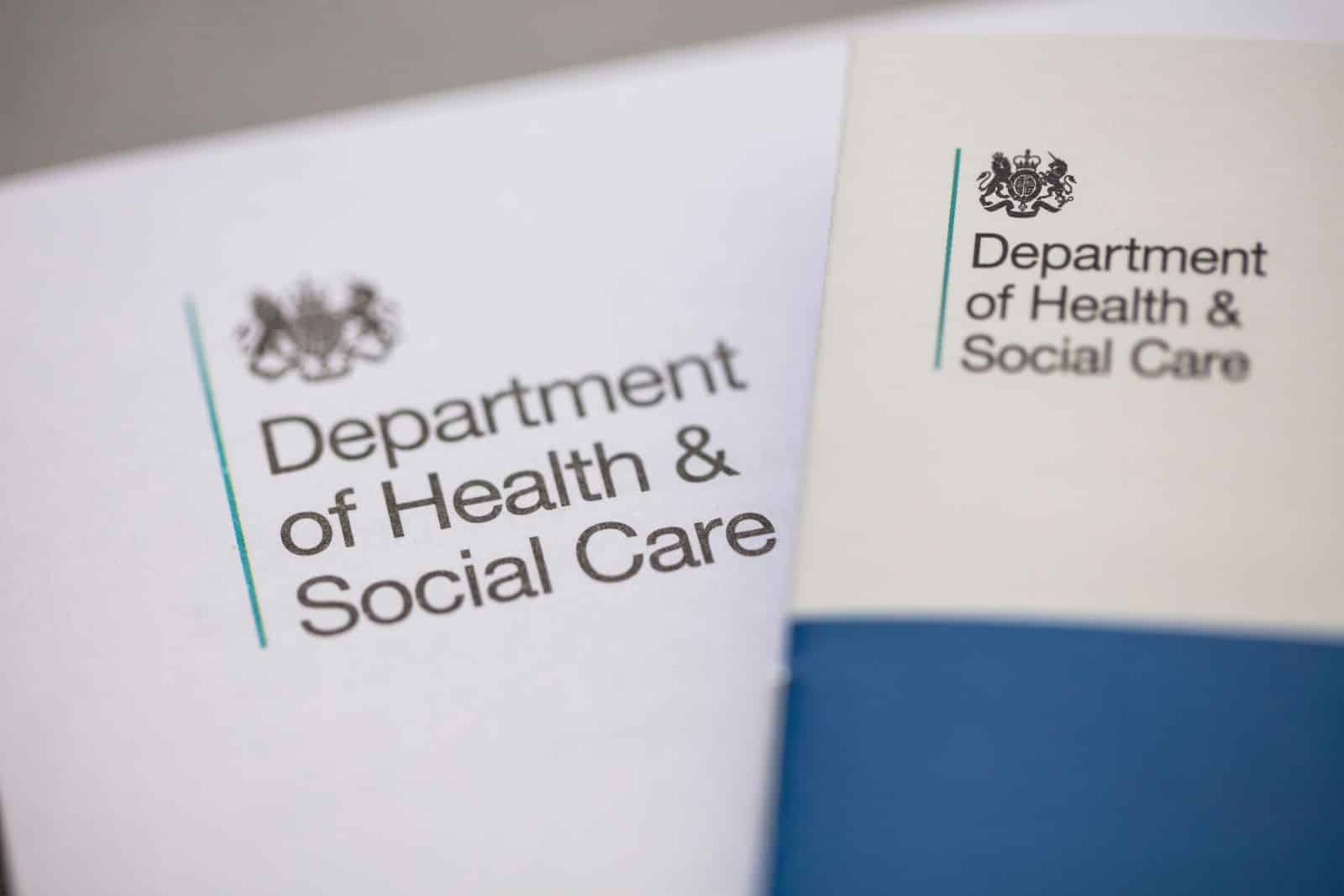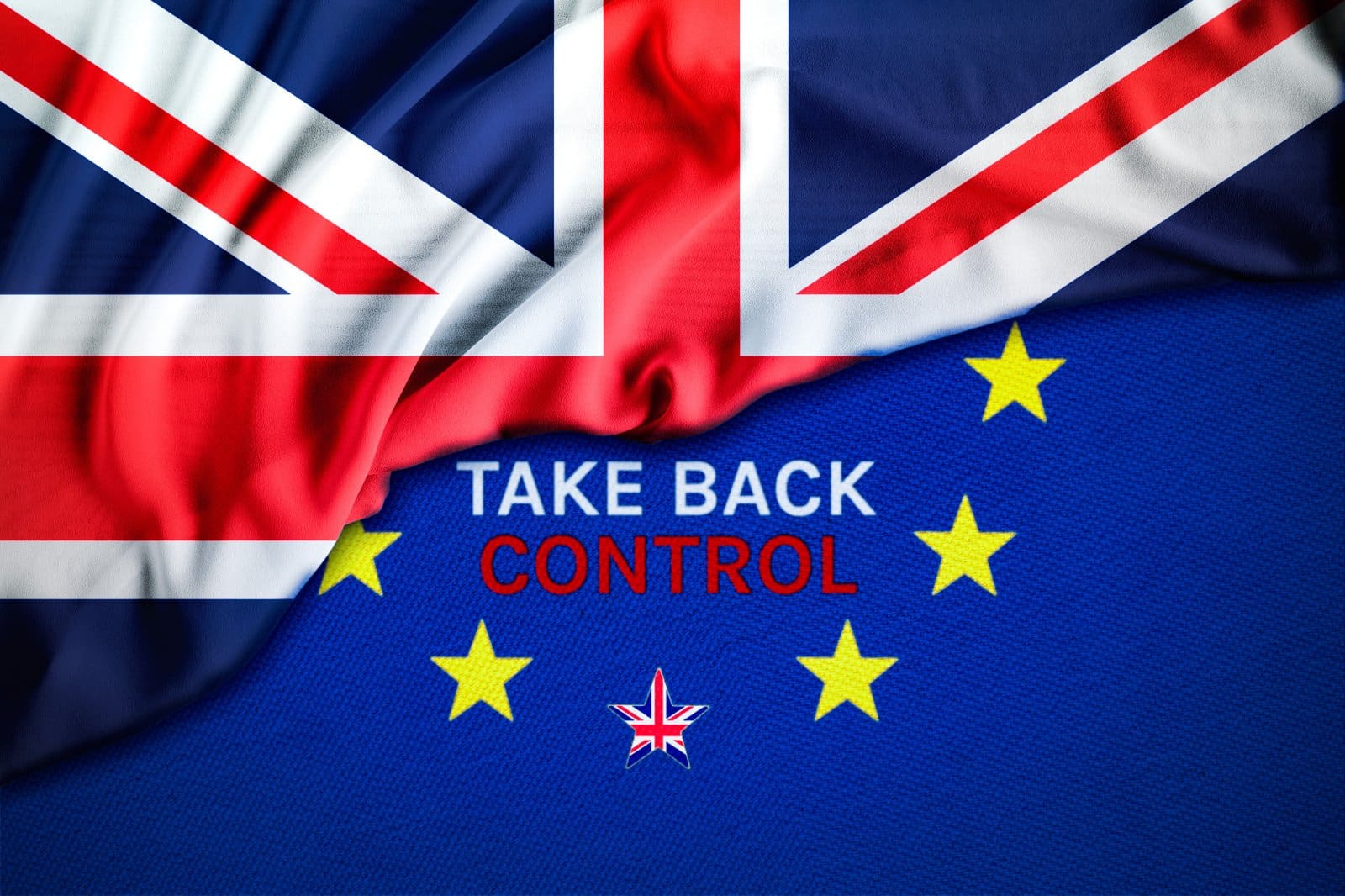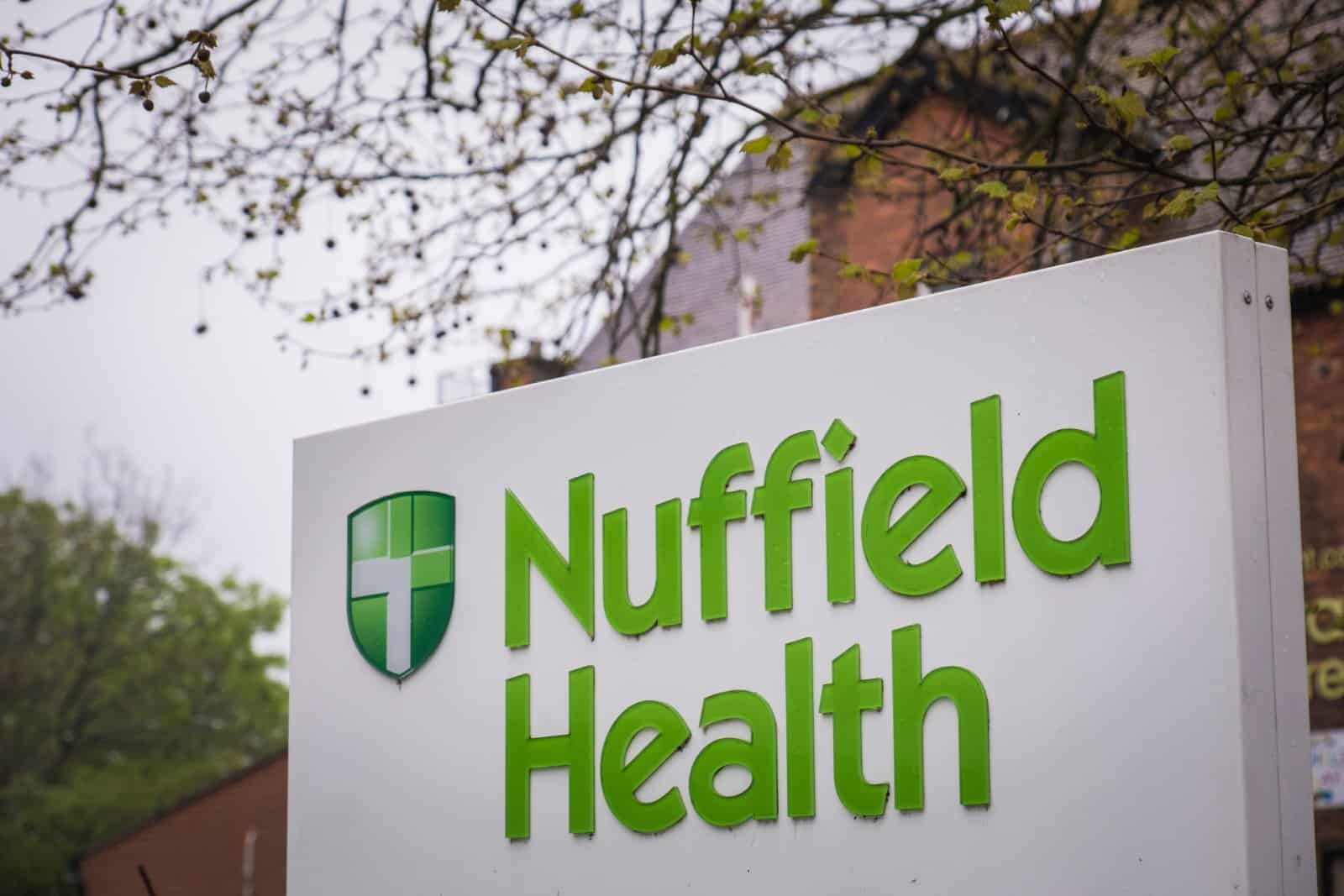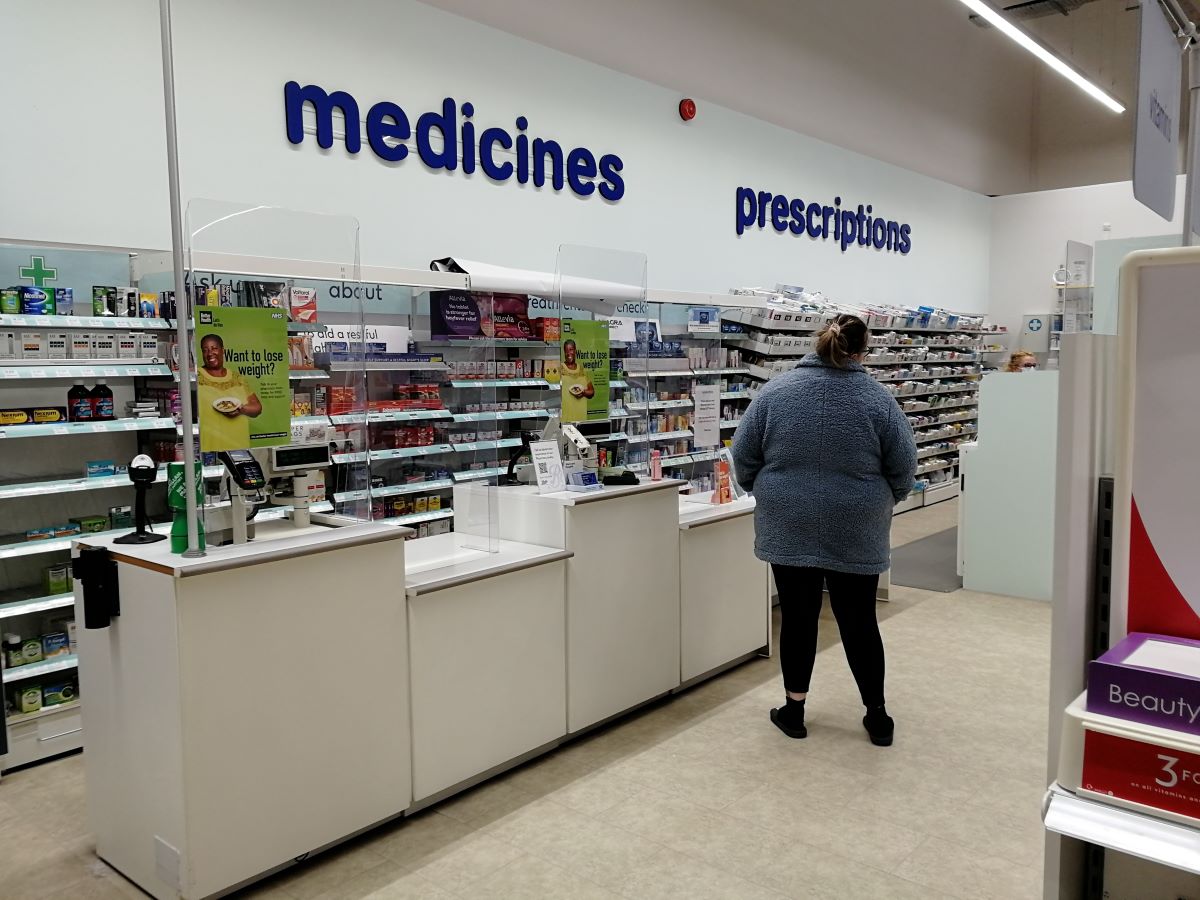Community Pharmacy England (CPE) released a Medical Supply Report, stating that 79% of pharmacists surveyed believed shortages endanger patients’ health.
National Survey of Pharmacies

The CPE’s report surveyed 6,100 pharmacy owners and 2,000 of their staff to get information on the scale of the problem.
Medicine Shortages

The survey revealed a staggering 91% of pharmacy owners reporting a ‘significant increase’ in the problem of medicine shortages since last year, underscoring the severity of the issue.
A Daily Problem

72% of pharmacy workers experienced a daily problem with a lack of certain medications, and 99% said it happened at least once a week.
Problems for Patients

Patients who cannot get their prescriptions can take the problem out on the pharmacy staff, who have no control over the situation.
Aggression

The survey showed that 84% of pharmacy employees had experienced aggressive behaviour from patients unable to get their medication.
Abusive Behaviour

One pharmacy owner reported that there have even been times when people have spat at staff. They said, “I regularly have staff members in tears by the end of the day because of the sheer pressure”.
Asthma Treatments

In February 2024, the Department of Health and Social Care issued a safety alert concerning liquid salbutamol. This vital medication is used for those with severe asthma and other lung problems, but the 5mg dose vials were announced to be out of stock until mid-April.
Unlicensed Imports

This safety alert included instructions that healthcare providers “MUST…Liaise with local pharmacy teams and place urgent orders for unlicensed imports”.
“Worsened by Brexit”

The Guardian reported that the problem is “being worsened by Brexit” following a report by the Nuffield Trust.
Supply Issues

The Nuffield website states, “the EU Exit has not caused the recent spike in medicine shortages, but it is likely to significantly weaken the UK’s ability to respond to them by splitting it from European supply chains, authorisations and collective efforts to respond to shortages.”
A “New Normal”

Professor Tamara Hervey of City Law School said in the Nuffield press release: “There is nothing inevitable about this ‘new normal’ where Great Britain is isolated in efforts to manage fragilities in global supply of the products and people we need to run the NHS. It is the consequence of policy choices and those could be different.”.
“Ringing Alarm Bells”

Janet Morrison, Chief Executive of CPE, said, “Our findings make distressing reading, and they should be ringing alarm bells for anybody interested in protecting the health and wellbeing of local communities and the public. We’ve been warning for some time that these issues must be resolved, and this evidence provides yet another stark warning which must not be ignored.”
“Increasing challenges”

The CPE report states that 98% of those surveyed have had to issue more ‘owings’ to patients—“where only part of their prescription can be dispensed, and the patient has to return to the pharmacy another time to collect the rest”.
Extra Work

96.7% of those surveyed also reported that the problem created extra work for staff, and over 95% said it caused more stress.
Supply Chain Issues

Only 0.1% of the respondents reported that they ‘never’ have supply issues, meaning 99.9% have experienced this problem.
Sourcing Medication

Given the supply issue, it is unsurprising that 94% of pharmacy owners said their staff spend longer sourcing medication than last year, and 84% said the current time spent sourcing is longer than it has ever been.
Not Just Pharmacies

Due to the supply issues, pharmacies now regularly have to contact the relevant GP practice—60% reporting it as a daily occurrence. Of course, this adds further time pressure and work to both the pharmacy and the GP.
Financial Pressures

With pharmacy owners listing their top three pressures as financial, medical supplies and staff welfare, 73% stated they were “extremely concerned” about finances. This is due to inflated costs and insufficient reimbursement.
Impact on Patients

The CPE report includes a look at how these issues are affecting patients. Some are having to transfer healthcare providers, look at private options, travel further or miss work due to lack of medication availability.
Recommendations

The report made suggestions, including calling for a full review of the supply market and a review of the medicines margin. The medicines margin is essential for many pharmacies to be sustainable. As private businesses, we cannot expect our pharmacies to stay open without profit.
The post CPE Report Highlights Post-Brexit Medicine Shortages Threatening Patient Safety first appeared on Swift Feed.
Featured Image Credit: Shutterstock / Photo Nature Travel.

